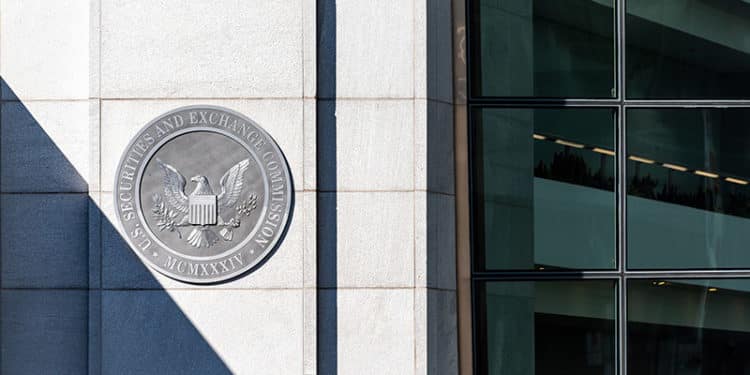For the second time in less than one year, the U.S. Securities and Exchange Commission (SEC) cancelled a scheduled vote on proposed rules that would restructure its Dodd-Frank Act (DFA) whistleblower reward program. Hanging in the balance is the future of one of America’s most successful whistleblower laws.
The importance of DFA’s whistleblower reward program cannot be denied. The SEC’s own Office of the Whistleblower confirmed that whistleblowers now play a “paramount role” in “safeguarding the Main Street investor.” This conclusion is not mere hyperbole. The numbers speak for themselves: $2.5 billion in financial sanctions “based on whistleblower information;” $750 million “returned to harmed investors,” and $500 million paid to whistleblowers.
As the SEC confirmed, all of these payments were “financed entirely through monetary sanctions paid to the SEC by securities law violators” and that “no money has been taken or withheld from harmed investors to pay whistleblower awards.”
Despite this unprecedented success in holding Wall Street mega-corporations and their wealthy power brokers accountable, the SEC had proposed changes to the whistleblower program that would have stripped the majority of whistleblowers from badly needed protections. These changes included:
- Permitting the SEC to reduce the size of awards, ignoring the Congressionally mandated criteria;
- Establishing a procedural roadblock to qualifying for rewards that had the potential of automatically disqualifying large numbers of fully qualified whistleblowers (perhaps the majority);
- Stripping the SEC of jurisdiction to sanction companies that retaliated against internal whistleblowers;
- Significantly reducing the ability of financial analysts to report frauds and qualify for a reward;
- Undercutting the “related action” provision in the law that prevents the government from denying whistleblowers compensation depending on which agency fines a company
Whistleblowers and their supporters did not fiddle while Rome was about to be burned. They mobilized. Over 100,000 comments, emails, and petitions were filed with the SEC opposing these changes. In response, the Chairman of the Commission, other Commissioners, the SEC’s legal staff, and representatives from the Office of the Whistleblower agreed to meet with whistleblower advocates and carefully listened to their concerns.
We don’t know what the final vote will be, or what changes will be approved. But the Commissioners have heard our voices. There is no excuse whatsoever for destroying the program. The public must continue to voice its loud support for whistleblowers and ensure that essential protections are not undercut by corporate lobbyists and special interests that profit from fraud.
The National Whistleblower Center has spearheaded a public campaign to urge the Commission to implement pro-whistleblower rules. We urge everyone to support this campaign and take action.


